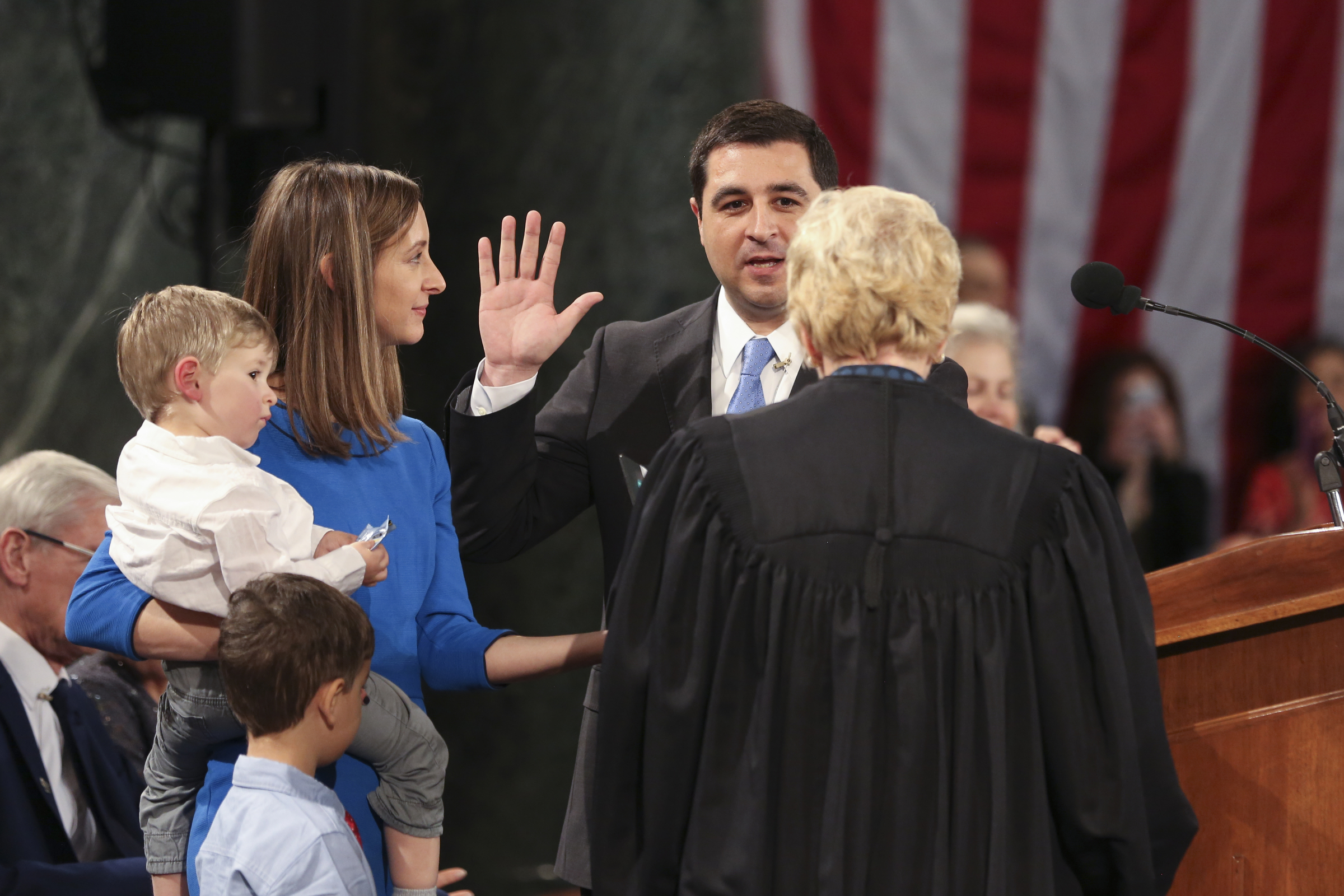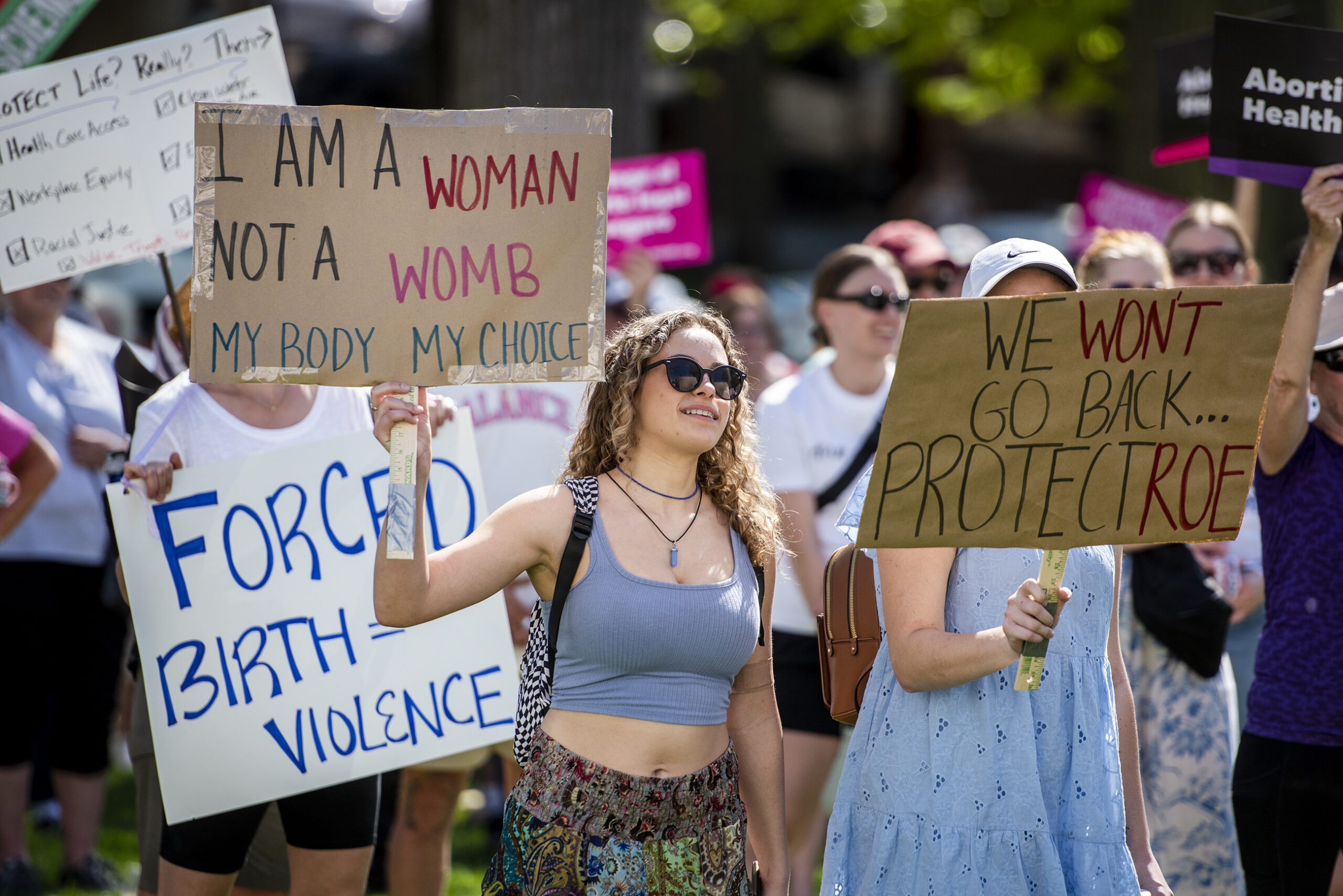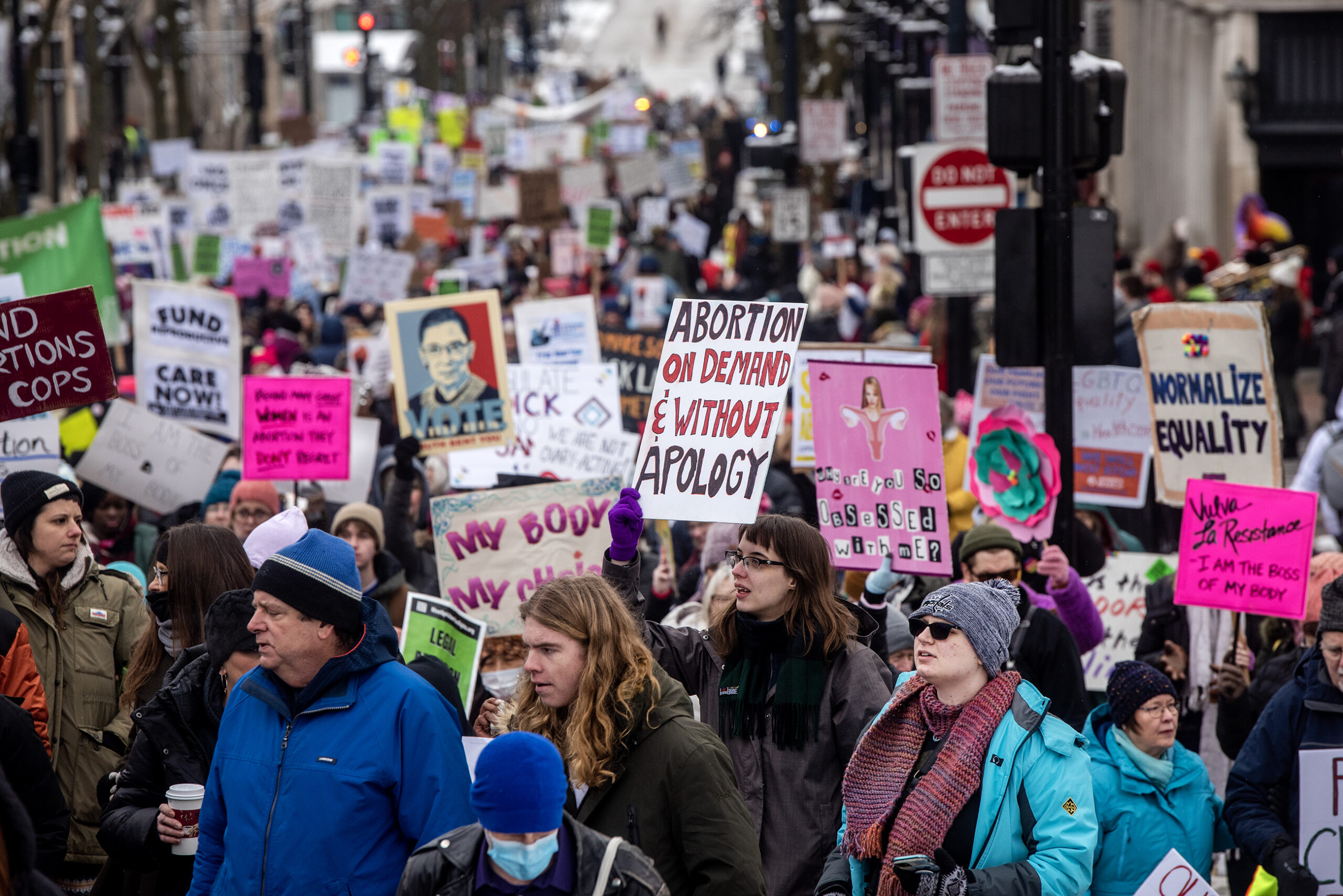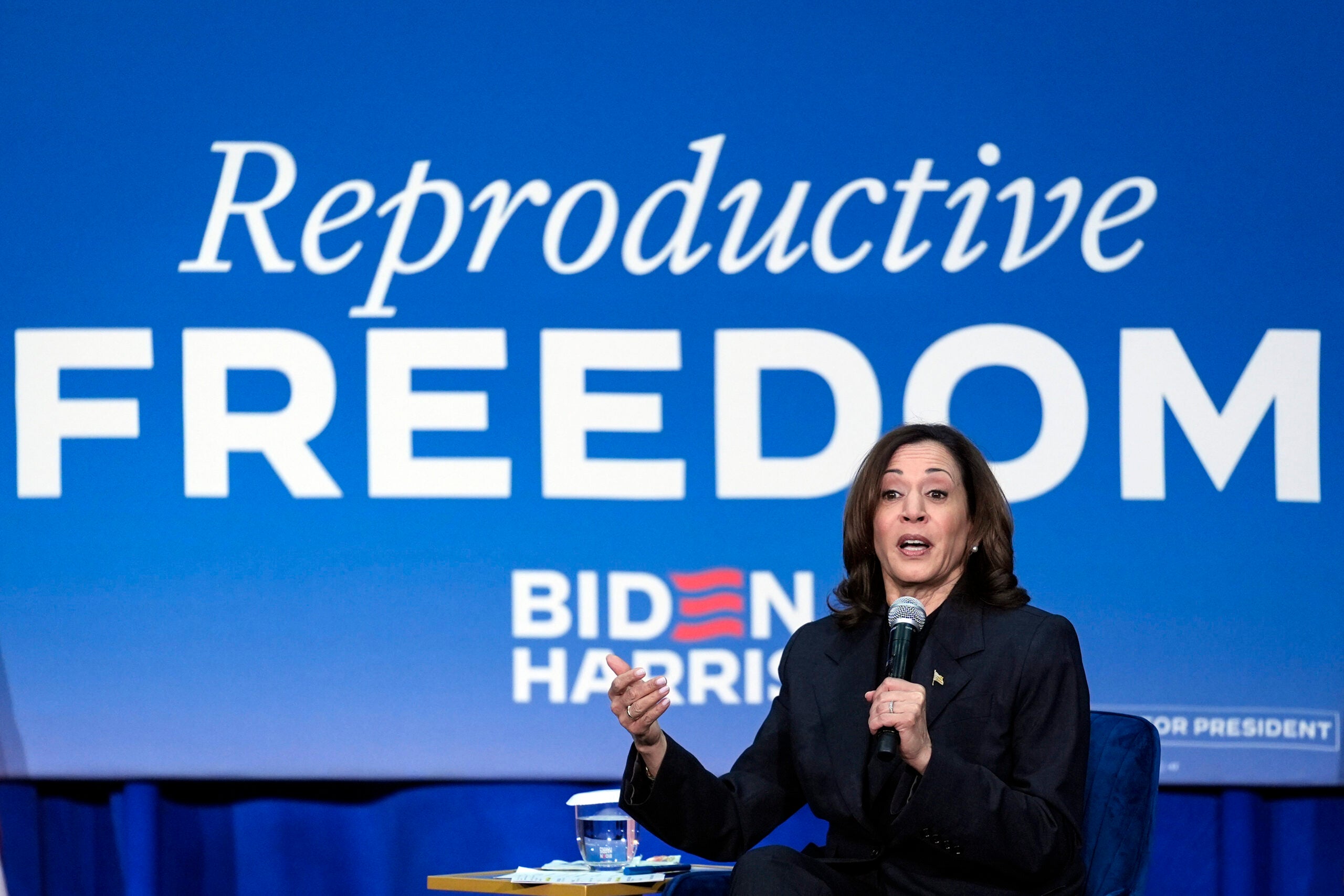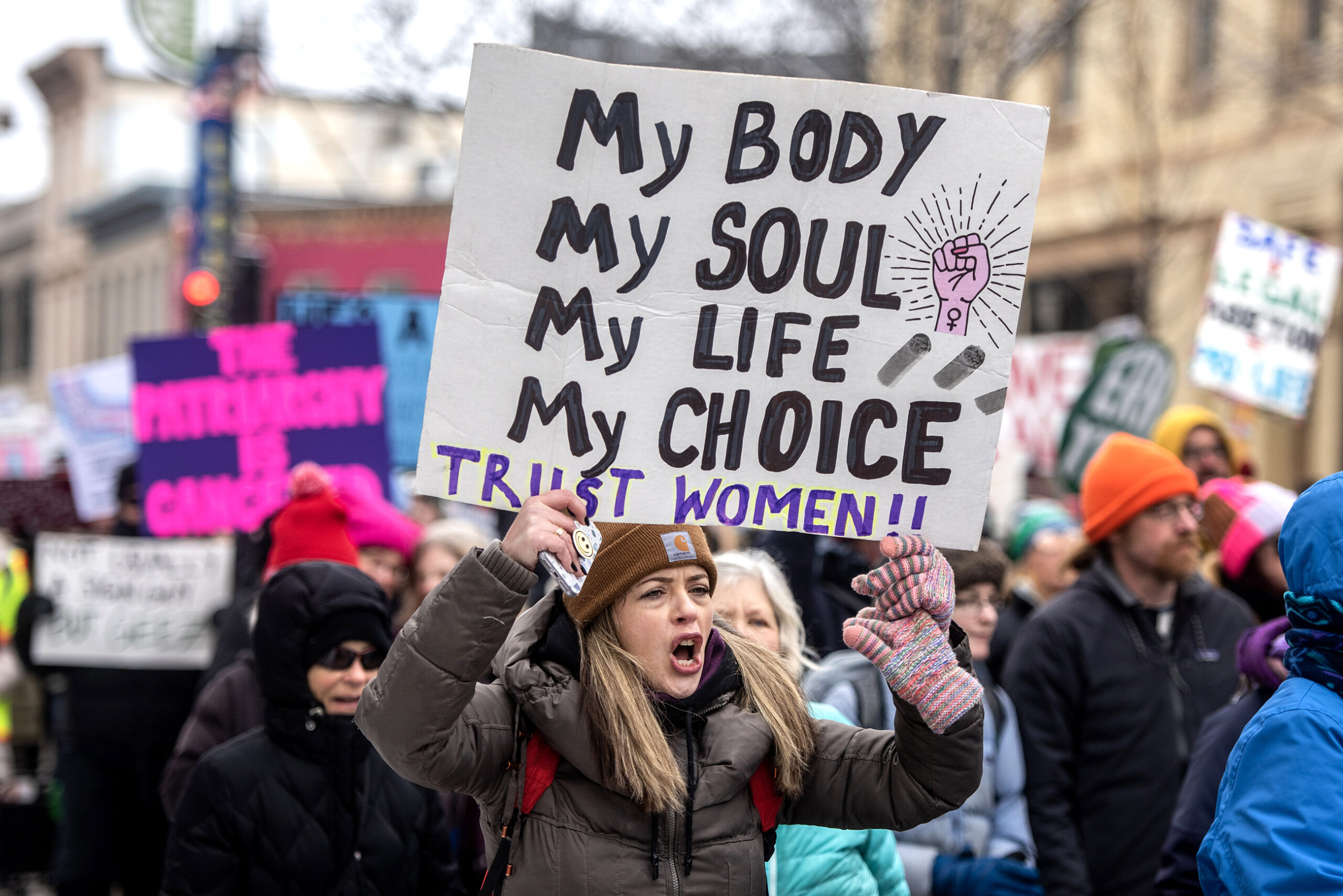U.S. Sen. Tammy Baldwin, D-Wis., said codifying Roe v. Wade into law is “not enough” to adequately protect abortion and reproductive rights after the landmark Supreme Court decision was overturned last month.
Congress should go further than the 1973 ruling that affirmed abortion rights because states across the country — including Wisconsin — limited those rights in later years, Baldwin said.
Wisconsin’s 173-year-old ban on most abortions went into effect after the U.S. Supreme Court’s late June ruling overturned Roe v. Wade, which had invalidated the state ban.
Stay informed on the latest news
Sign up for WPR’s email newsletter.
Baldwin joined WPR’s “The Morning Show” on Thursday to discuss how Democrats in Washington and Wisconsin are seeking to safeguard and expand abortion rights. She also commented on a bill, the Freedom to Travel for Health Care Act, which Republicans blocked Thursday after the interview.
The following was lightly edited for brevity and clarity.
Kate Archer Kent: What is the path forward for Democrats who feel pressure to codify Roe and for Congress to pass a law that would provide the same protections that Roe did?
Sen. Tammy Baldwin: We’re taking an all-of-the-above approach. We have brought for a vote my Women’s Health Protection Act, which would not only codify Roe but would prevent states from taking the sort of measures they’ve enacted for years now to really constrict that right.
But the filibuster prevented us from passing that. And we are now really focusing on things like the Freedom to Travel for Health Care Act. That would allow women in a state like Wisconsin that has an existing law criminalizing people who perform abortions — it would allow people to travel across state lines to access healthcare and make sure that neither the provider nor the individual would be subject to those criminal laws. We will continue to highlight the incredibly high stakes that are going to be literally on the ballot this fall.
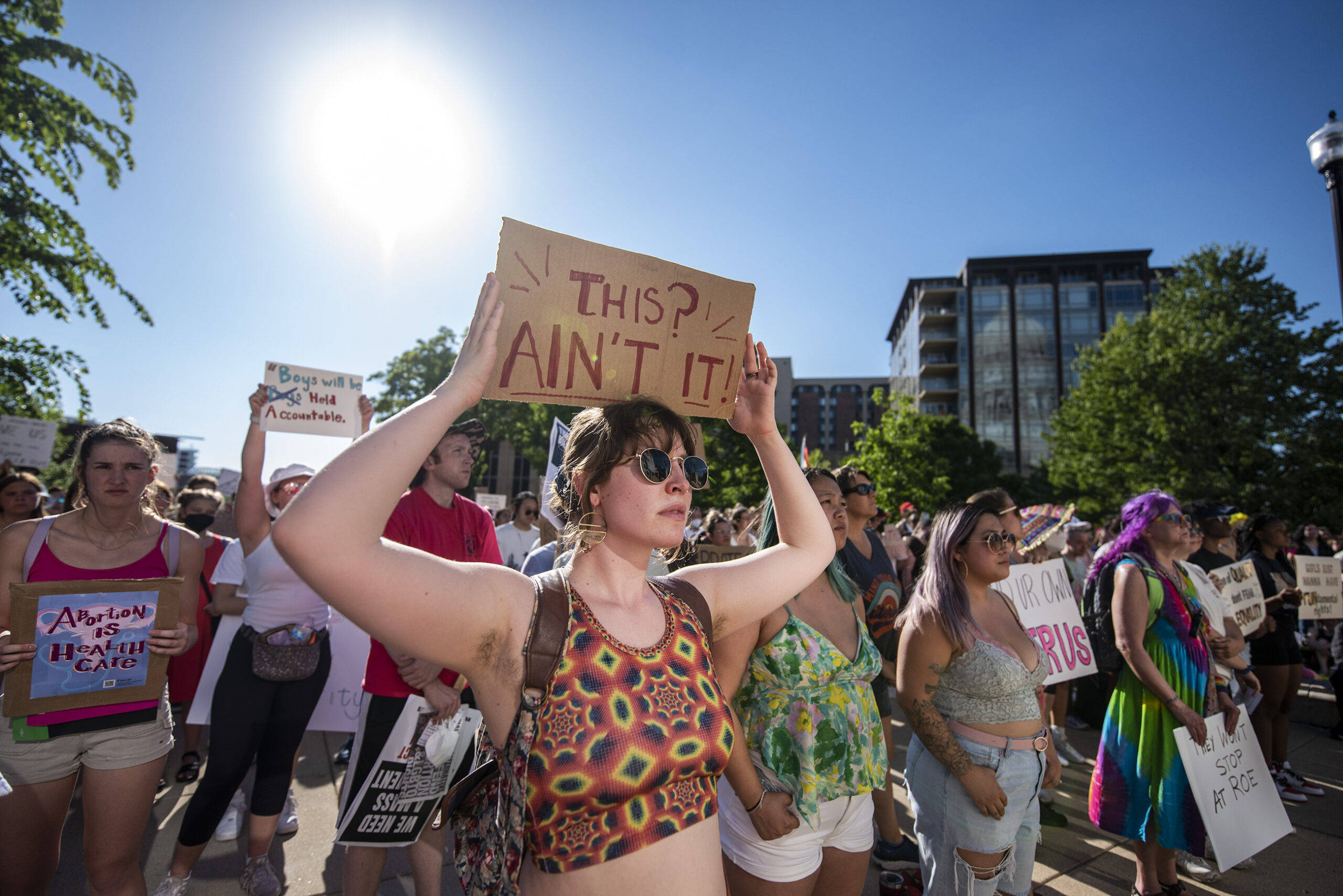
KAK: On the day Roe was overturned, your colleague Sen. Joe Manchin of West Virginia had a statement saying he’d support legislation that would codify the rights Roe v. Wade previously protected. Are you working with him on what that looks like?
TB: We have been working collectively on that issue. I think the real problematic part of this is that it is not enough to codify Roe v. Wade, because we know in so many states there have been state laws passed that really limit access to abortion care and comprehensive reproductive rights, including in Wisconsin. And if you don’t also address those laws, codifying Roe v. Wade will not necessarily in certain states allow access to comprehensive reproductive rights.
READ MORE: ‘This is an everyone issue’: 1K abortion rights supporters rally in Madison
KAK: Are there legal dangers around the movement of out-of-state abortion medication? What would this Travel for Health Care Act do about that?
TB: The bill that we are going to be trying to debate this afternoon is really narrowly focused on travel. But we will shortly be taking up measures that deal with other aspects of this very, very consequential Supreme Court decision overturning five decades of precedent. I can’t emphasize enough that this means that in Wisconsin — where we revert to a law that was passed in 1849 and say to a whole generation of women that you have fewer freedoms than your mother and your grandmother — this is so consequential.
Just like the folks who have been working for overturning Roe v. Wade for decades, we have a long fight ahead of us. And so, yes, we will be looking at legislation around medicinal abortion, freedom to travel. But there are many, many other aspects of this. For example, data brokers who track people’s whereabouts and can sell data (that shows) were you in a parking lot adjacent to a Planned Parenthood? This is a really significant effort.
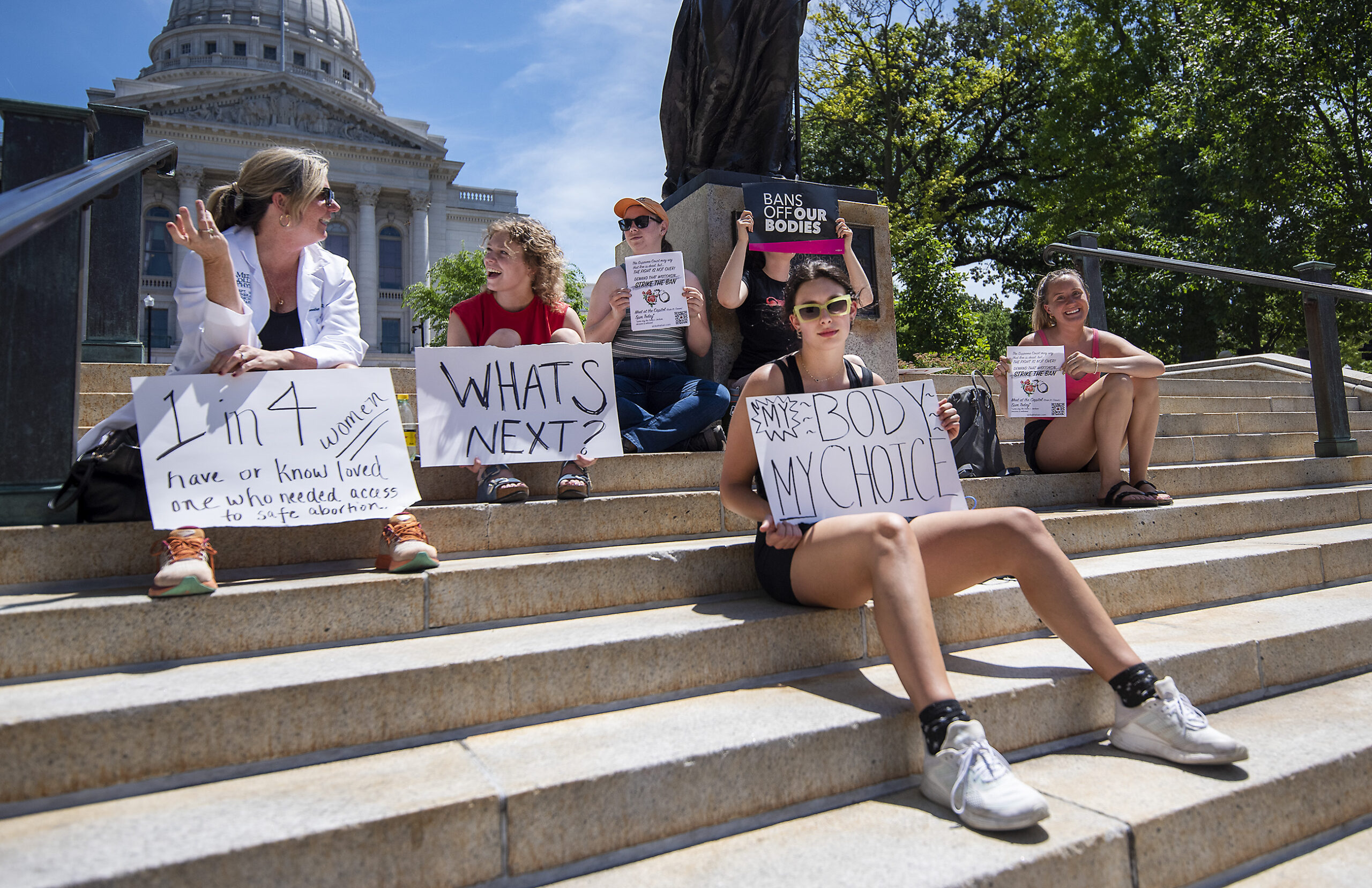
KAK: Do you support the lawsuit Wisconsin Attorney General Josh Kaul filed last month against the state’s 1849 ban on most abortions?
READ MORE: Attorney General Josh Kaul sues to block Wisconsin’s abortion ban
TB: Absolutely. The idea that women in Wisconsin are seeing the clock turned back to the 19th century is stunning. Of all the states, we have the oldest abortion law. And I can tell you there were no women in the (state) Legislature in that session in 1849 informing the debate. There were no women even voting for legislators in that session of the state Legislature.
So, this is very disturbing. And I have to say, all credit to Gov. Tony Evers, who upon the Supreme Court decision on Dobbs said we have to hold a special session of the Legislature to deal with this. And the Republicans in the Wisconsin Legislature gaveled in and gaveled out without taking any action.
READ MORE: GOP lawmakers reject governor’s special session to overturn state’s 1849 abortion ban
KAK: Kaul has said he won’t enforce the 1849 ban and won’t prosecute abortion cases or go after them. What is your advice to attorneys general and district attorneys that seek to fight these abortion bans?
TB: Certainly, they ought to be doing it. But look at the reality on the ground for women. In the meantime, we don’t have any providers in Wisconsin, because we have a law that would criminalize the abortion procedure and criminalize — subject to prosecution — doctors and nurses. So, the reality for women in Wisconsin is they have to leave the state to go to a state that does provide abortion care, and that’s just untenable. We need to make sure that in America, a woman’s freedom to control her own body, to plan for a family and to seek health care does not depend on what state she resides in.
Wisconsin Public Radio, © Copyright 2025, Board of Regents of the University of Wisconsin System and Wisconsin Educational Communications Board.

